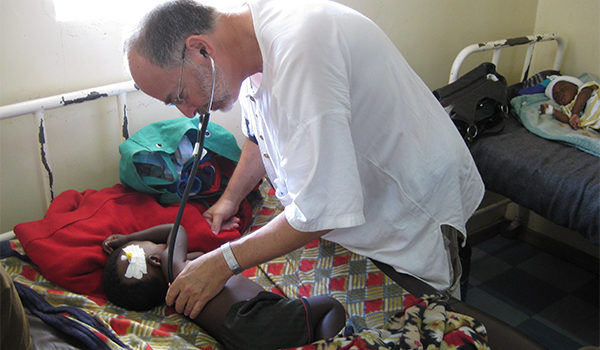Author: Kenneth V. Iserson, MD, MBA, FACEP, FAAEM Kenneth V. Iserson, MD, MBA, FACEP, FAAEM, is a Fellow of the International Federation for Emergency Medicine and Professor Emeritus, Department of Emergency Medicine, The University of Arizona, Tucson. Why Global Medicine? Interest in practicing and teaching medicine and nursing around the world has increased exponentially. Some of our colleagues now have international experience and many others dream of following a path to remote regions. Yet most …
Read More


